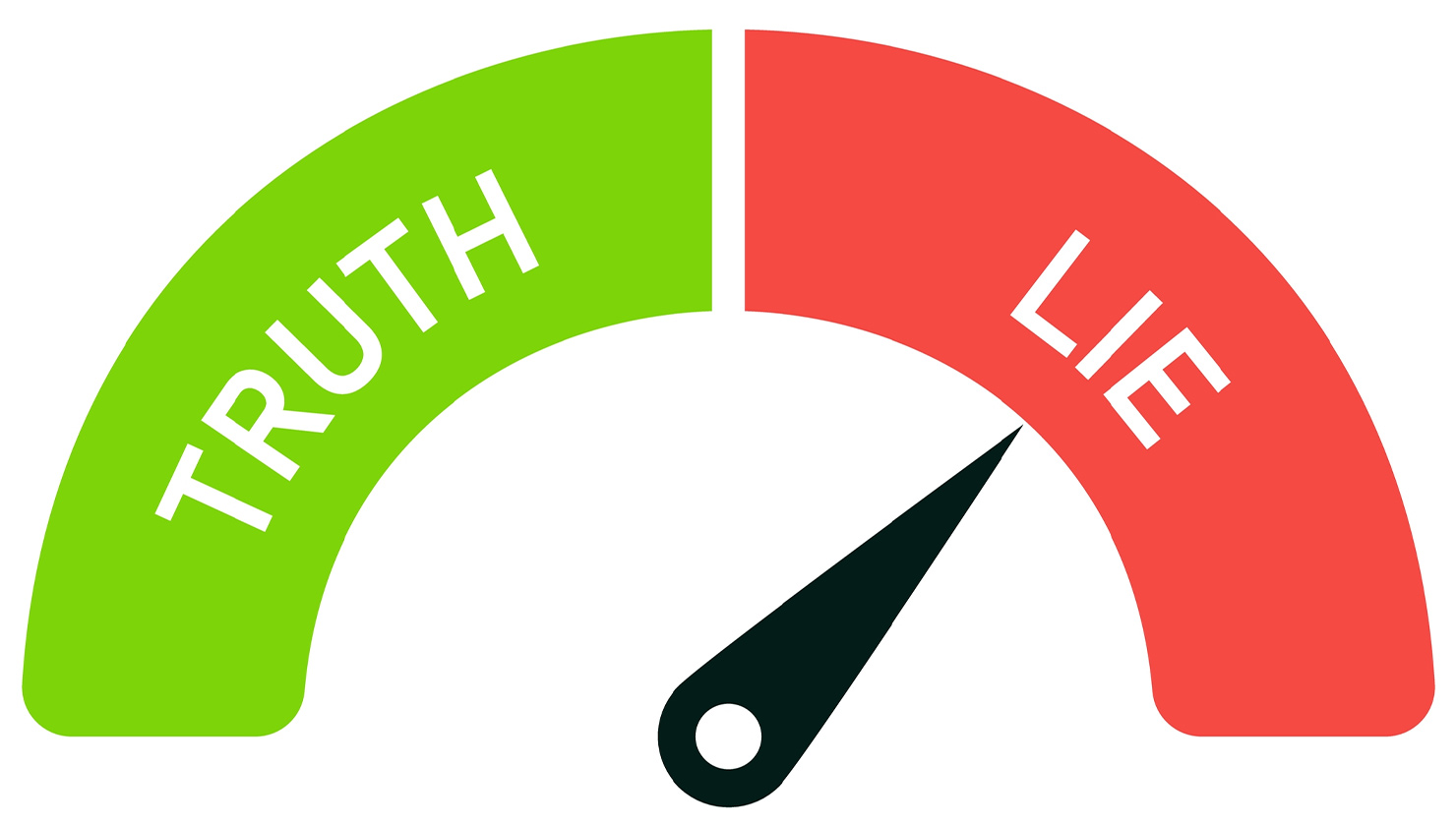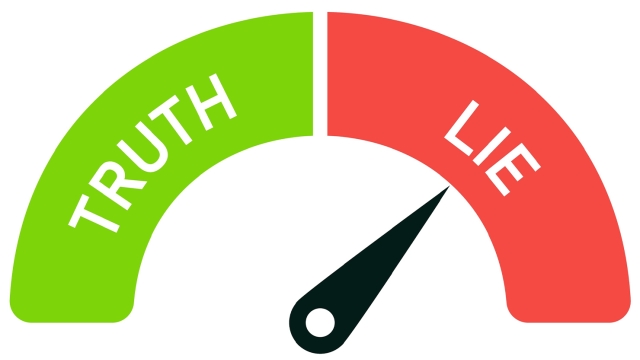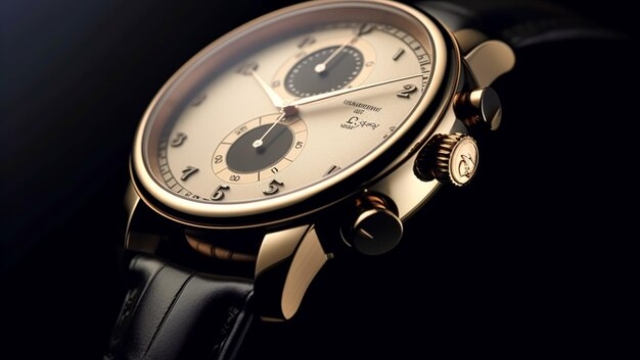
When it comes to uncovering the truth, few tools have captured the imagination and scrutiny of the public quite like the lie detector test. This age-old technology, also known as polygraphy, has been the subject of countless debates, portrayed in popular culture, and utilized in various settings as a means to discern deception from honesty. The idea of a machine that can detect lies by measuring physiological responses may sound like something out of a science fiction novel, but the reality is that lie detector tests have played a significant role in criminal investigations, job screenings, and even personal relationships.
Acknowledged for its potential to reveal hidden truths and expose falsehoods, the lie detector test has a long and complex history that continues to intrigue both skeptics and believers. With its ability to monitor changes in heart rate, blood pressure, respiration, and perspiration levels, the polygraph test operates on the premise that lying can result in physiological responses that differ from those exhibited when telling the truth. While the reliability and accuracy of lie detector tests have been the subject of much debate and criticism, many proponents argue that when administered by trained professionals in controlled environments, these tests can be a valuable tool in uncovering deceit.
History of lie detector tests
Lie detector tests, also known as polygraph exams, have a long and intriguing history. Dating back to the early 20th century, the concept of using physiological indicators to detect deception was first introduced by psychologist William Moulton Marston. Marston’s early work laid the foundation for the development of modern lie detector technology.
The first polygraph machine was created in the 1920s by John Augustus Larson, a medical student and police officer. Larson’s invention revolutionized the field of forensic psychology by providing a tool to measure a person’s physiological responses to questioning. This early polygraph machine measured changes in blood pressure, pulse rate, and respiration to determine whether a person was being truthful or deceptive.
Polygraph
Over the decades, lie detector tests have been utilized in various fields, including law enforcement, security screenings, and even employment evaluations. Despite ongoing debates about their accuracy and reliability, polygraph exams remain a widely used tool for identifying deception. The development of computerized polygraph systems has further advanced the technology, enhancing the precision and efficiency of modern lie detector tests.
Accuracy of Lie Detector Tests
Lie detector tests have long been a subject of debate when it comes to their reliability. Some studies suggest that these tests have an accuracy rate of around 80% to 90%, depending on the specific techniques and technology used. However, it is important to note that these tests are not foolproof and can sometimes yield false results.
Factors such as the physiological and psychological state of the individual being tested, as well as the skill of the examiner, can influence the accuracy of lie detector tests. Stress, anxiety, or certain medical conditions can impact the results of the test, leading to inaccuracies. Therefore, it is crucial for examiners to consider these factors and interpret the results with caution.
Despite the limitations and potential for error, lie detector tests can still be a valuable tool in certain situations. When used in conjunction with other investigative techniques, such as thorough questioning and corroborating evidence, they can provide valuable insights into the veracity of statements made by individuals.
Controversies surrounding lie detector tests
Some critics argue that lie detector tests are not foolproof and can be influenced by various factors, such as the emotional state of the person being tested. This has sparked debates about the reliability and accuracy of such tests, leading some to question their validity in certain settings.
Another point of contention is the ethical implications of using lie detector tests, with concerns raised about privacy and potential breaches of trust. Critics argue that the use of such tests may infringe on individual rights and lead to false accusations or unjust outcomes.
Furthermore, there are legal challenges surrounding the admissibility of lie detector test results in court proceedings. While some jurisdictions allow the results as evidence, others question the scientific basis of these tests and the potential for bias in interpretation, highlighting the need for careful consideration and oversight.



